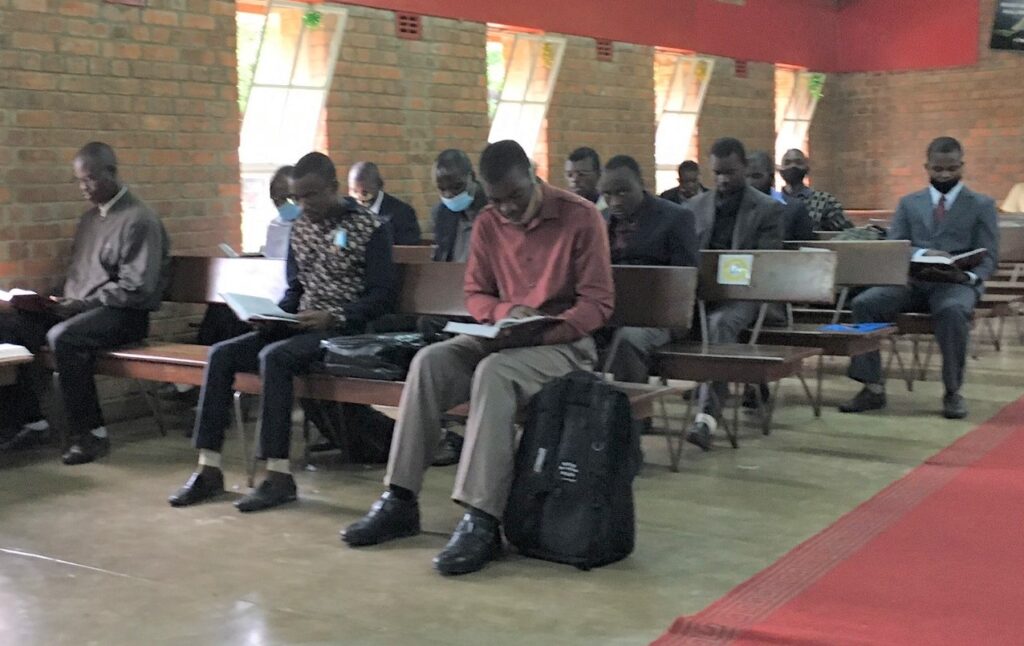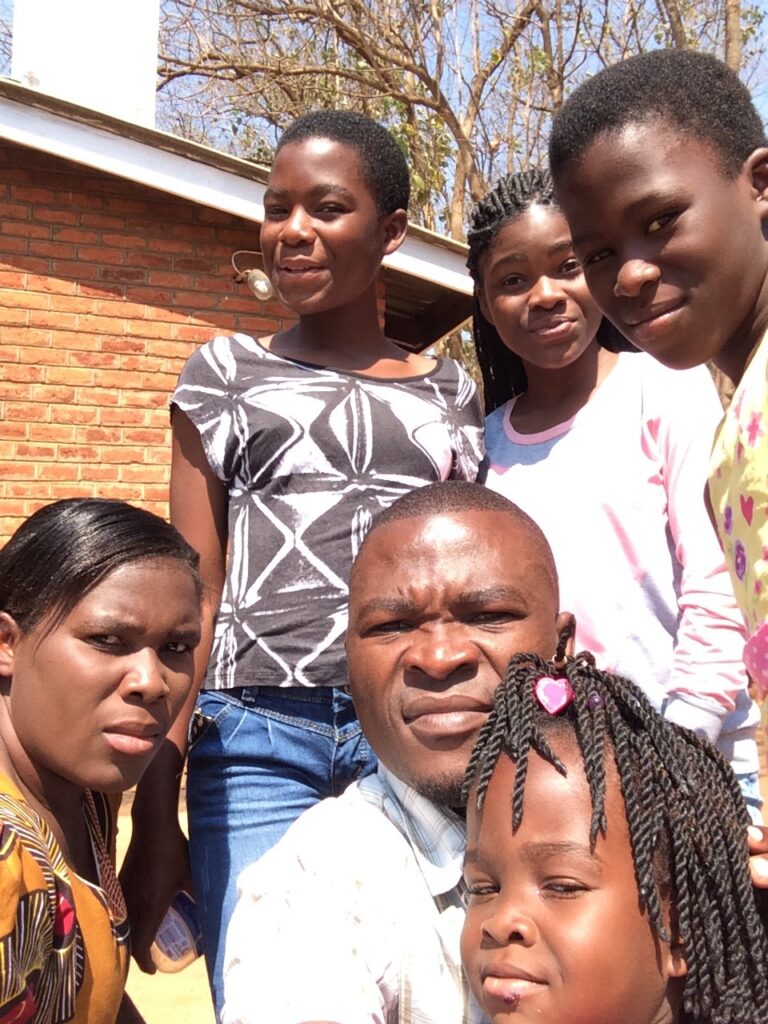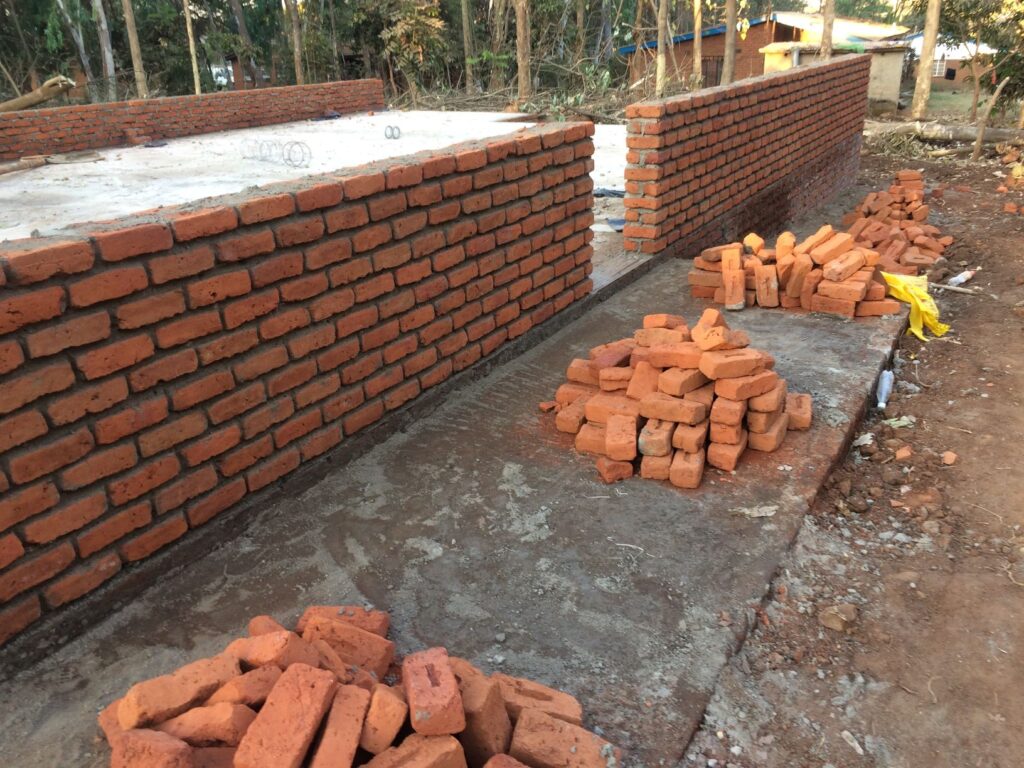Life is Full of Challenges
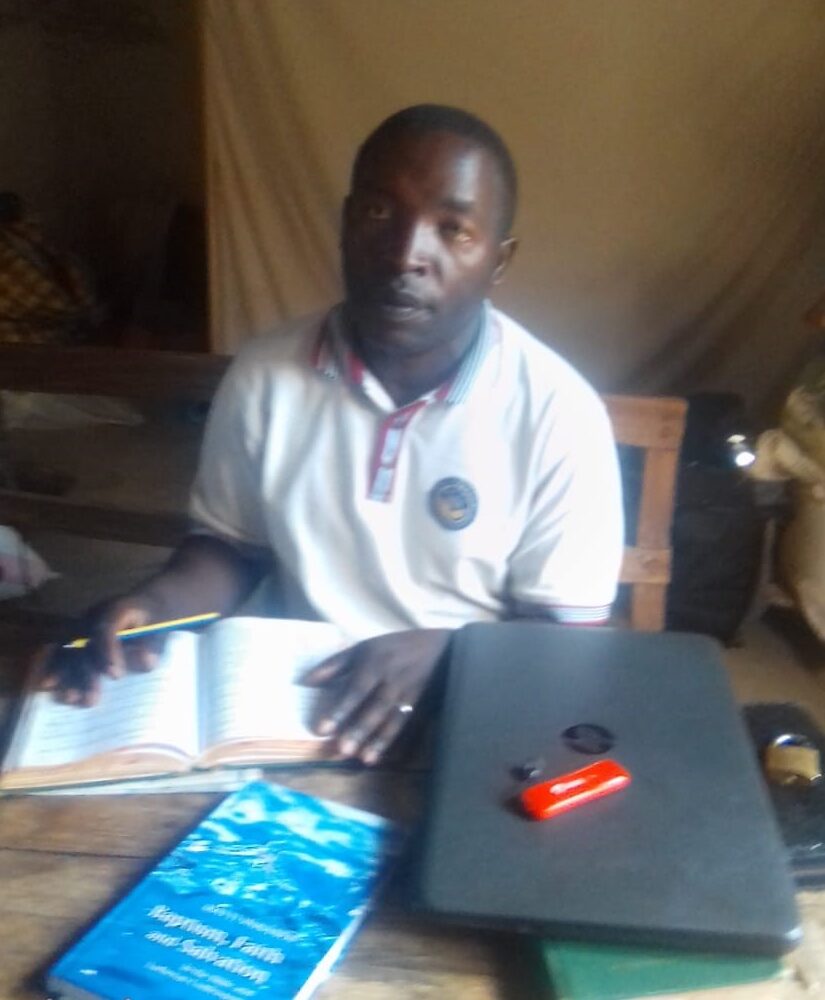
“Life is full of challenges,” notes Pastor Ochichi Nyangau. “Each day comes with its own.”
Meet Richard Ochichi Nyangau, a pastor in Kenya who has served three parishes. He is one of my brothers in the Lutheran Congregations in Mission for Christ (LC-MC).
Pastor Ochichi and I got acquainted recently online. From October 2020 through January 2021 he was in a theological research and writing class which I taught. Pastor Ochichi participated studiously—five days a week for ten weeks—while also keeping up all his other duties. More on those below.
Sixteen pastors from Kenya, Malawi, Nigeria, and Zambia overcame obstacles, studied Genesis 37–50 together, and completed or nearly completed the class. As it started in October 2020 three other pastors faced a big challenge—no WhatsApp device. We have found those for them, so four of us are restarting the class as this is being published.
Besides being taught and almost immediately re-taught, our 10-week class has at least three firsts:
First #1) In the past, visiting professors from Asia Lutheran Seminary, Martin Luther College, and Wisconsin Lutheran Seminary taught classes to experienced pastors who wanted to progress toward a Bachelors degree in divinity from the Pastoral Studies Institute of Wisconsin Lutheran Seminary.
This time, though, due to pandemic travel restrictions, a missionary living in Africa teaches. On your One Africa Team (OAT), I head up formal continuing education for the Confessional Lutheran Institute (CLI).
First #2) In 2010–2014 and 2015–2019 in Bachelor of Divinity (BDiv) classes WELS professors taught men pastors from two countries, Malawi and Zambia. Thank God with us: In this class and a series of eight future classes we can also partner with pastors in our fellowship in Kenya and Nigeria.
First #3) In the past WELS professors taught one-and-a-half- or two-week BDiv classes face to face. We hope to do so again soon. For this class, though, because of COVID-19, we used WhatsApp, a mobile device messaging platform.
Why WhatsApp? It is free on mobile devices except for the cellular data to use it, it allows attachments of .pdf, voice, .mp3, and video files, and it is the most common means of electronic communication in Africa.
“Life is full of challenges,” so in our class we did not interact live over WhatsApp on a set schedule. Some pastors in the class live in villages where getting a signal from a cellular tower can be hard. Downloading even small .pdf files is difficult there.
“Life is full of challenges,” so all of us in the class experience power outages too. Early one day when I complimented one Zambian pastor on often being the first to respond with a learning task, he said needed to do so, because if he did not finish first thing in the morning, power would be out later.
For ten weeks, five days a week, though, whenever each of us could find time, we worked hard and asked God to become More Like Moses.
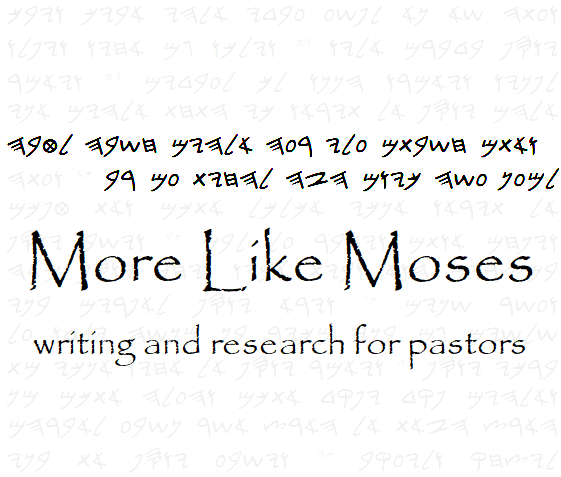
More Like Moses was not just the name of our research and academic writing class. It was our fervent prayer: “God, all of us lead your people, like Moses.
“None of us, like Moses, are inspired by your Holy Spirit to write your holy Word. But we all live in Africa, just like Moses long ago. We all work in more than one language, just like Moses long ago.
“As we sift through sources, like Moses might have when he wrote Joseph’s story, to write and encourage your people on our way to your promised land, would you please make us more skilled in theological writing?
“Above all, keep us true to you and your gospel. Make us more like Moses.”
So we prayed. Each week, one of the pastors posted a prayer for the rest of us on WhatsApp.
For example, Pastor Ochichi typed this prayer to begin our second week: “In the name of the Father, the Son and of the Holy Spirit. Amen.
“Our dear heavenly Father we come unto you tonight. We beg you to forgive us where we have gone wrong as per your will. We thank you for your protection all through. This is the second week; we need your guidance all through.
“I pray for all who are involved both from abroad and within Africa in any way to reach out many with your word bless them. Do not leave anybody empty-handed but send your blessings.
“All challenges we are facing give us a way through. I commit the entire workload to your hands let all go as per your will. In Jesus’ name we pray. Amen.”
When Pastor Ochichi wrote that prayer I did not know about his own daily challenge just to support his family. I did not know that he was submitting his work either first thing in the morning or after dark because to keep food on the table he and his family raise chickens. Five days a week, starting around 9 a.m., he hawks —his word—boiled eggs on the street.
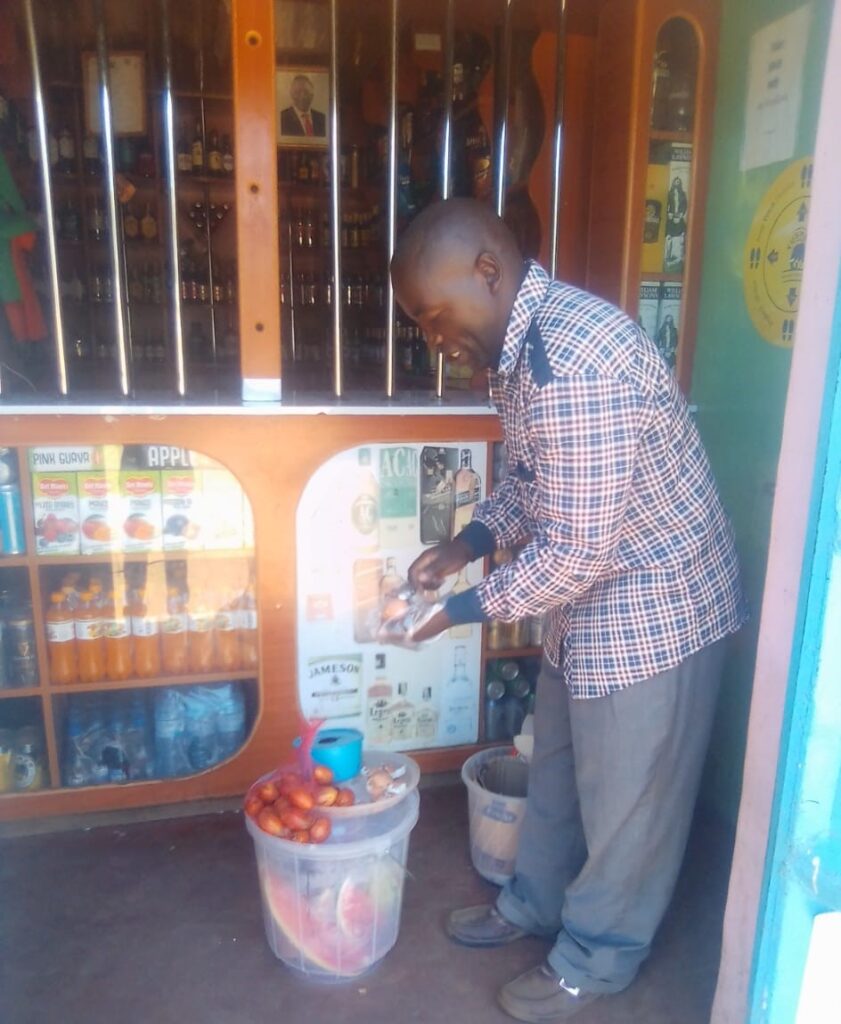
“This is what I do to feed my family. Here I’m serving the shopkeeper with boiled egg. You can see also a bucket of melon and tomato fruit. On Saturday morning hours I have counseling for any member of the congregation and any in need. In afternoon hour I am teaching baptism class and doing home visitation for sick and those with special needs.”
Pastor Ochichi and his wife have three children. Is he bitter about his busy schedule and what he calls his “side hustle,” to pay for his family’s food, clothes and rent?
No, he is thankful and realistic. He is not angling for anyone’s pity.
He writes, “This has given me an opportunity to meet many as we share the word but to grow the congregation has become a challenge. That is why my class (More like Moses tasks) I can do in early morning or late in the evening. I’m grateful for a chance to learn more from you and the entire Wisconsin Lutheran Seminary.”
Missionary Dan Witte lives in Zambia and is the Director of Formal Continuing Education of the Confessional Lutheran Institute. For more information visit https://cliafrica.net/
Please pray for those working in fields that are ripe for harvest. Share their story, engage with future news and receive updates. Learn more about our mission fields in Africa and how the Holy Spirit is working faith in people’s hearts at https://wels.net/serving-others/missions/africa
